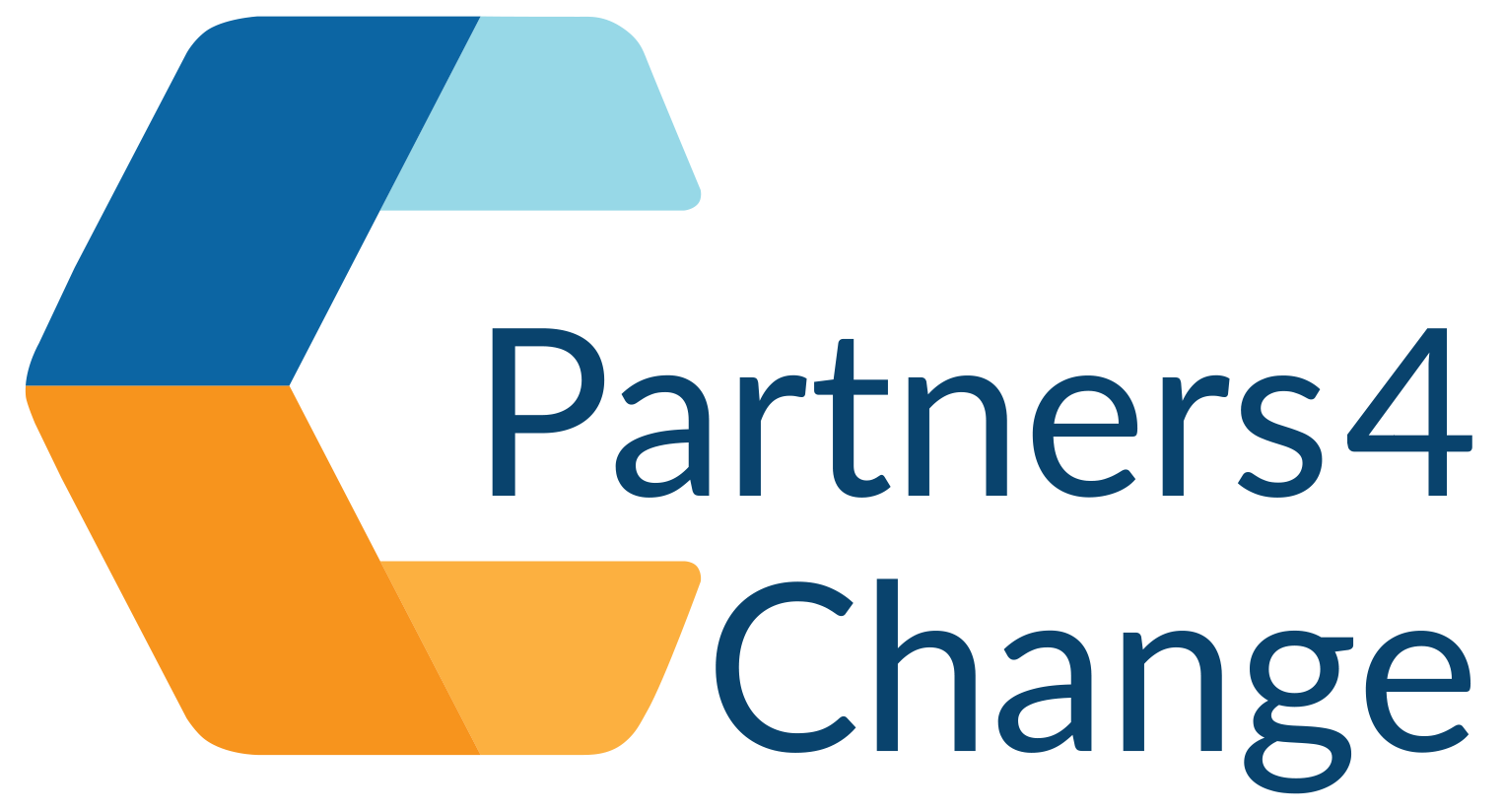What do we do about morale in social care, where is the hope?
First let’s accept the reality, feeling overwhelmed by ‘demand’, trying to recover from the pandemic, under pressure in the ‘sorting office’ of social care to work faster, process people more swiftly, close ‘cases’ & fill out forms more rapidly. It’s no wonder that morale is low
At Partners for Change we love our concept of ‘stories of difference’ – how we have worked, what impact it has on people, families & us – how it compares to what we might of have done previously. We believe sticking to our guns & working in the way we have always wanted to is the way to keep hope alive.
We are going to share one story of difference each week this month as our small contribution to the glimmer of hope – that despite all the current difficulties we can work with humanity, kindness & have meaningful, productive interactions with people who need some support to get on with their lives. Here’s our first story.
Sue works in a 3C innovation site. One day, she received a report from the Police with concerns about a local man. Sue went to see ‘John’ who didn’t want to let her in but spoke with her about the decline in his mental health. He had lost his job in a rehab centre having previously overcome his addiction problems. He started drinking again & stopped turning up to work, ashamed of his relapse. He was unable to afford food or rent. When John finally let Sue into his home, she saw that it was piled high with rubbish.
What did Sue do? Sue focussed on the things most important to John. She met with his landlord, who was willing to give him some time to get back on his feet. He also offered to help John tidy his flat. John couldn’t reach his kitchen so a standard food parcel would spoil without the fridge. Sue used some team cash to buy food that would last. She also helped John connect with mental health services, and to set up an account with Universal Credit. She agreed to visit John in a couple of weeks to see how he was getting on.
What might have happened? John’s ‘case’ would have been triaged and screened multiple times whilst ’bouncing around’ on duty, probably never getting to the top of the queue. – rather than someone taking some responsibility for really listening and responding. Maybe he would have been referred away to another agency. Maybe he would have been ‘assessed’ and maybe he wouldn’t have been found to be eligible.
What did happen? In a short space of time John experienced real, kind help in a very dark moment in his life. There were at least two people who were prepared to offer him some help. Sue felt that simply listening to him rather than asking a bunch of “assessment questions” made all the difference, otherwise she probably wouldn’t have been invited in.
In Partners for Change we have proved over and over again that we can work like this, work more productively, reduce waiting lists, bringing hope to people, families & ourselves.

